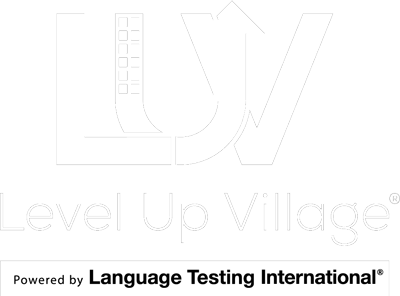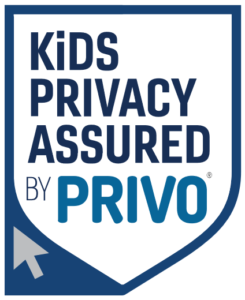Learning how to communicate and collaborate with peers from diverse cultures is an essential skill for the 21st Century classroom and will help prepare students to enter the global workforce with confidence. Global competency and the global classroom in 21st century education is fundamental to our work at Level Up Village, and this school year we’re even more focused on helping teachers develop a better understanding of what it is and how to help their students become global citizens who communicate respectfully and interact productively with partner students across the world through our global STEAM courses.
What is a global classroom in the 21st century?
By taking action to improve their own global competency, teachers can then model for their students how to do the same, as well as how to successfully navigate a global classroom environment. To that end, Level Up Village introduced a Global Competency Training course in the fall of 2017.
“Level Up Village is uniquely qualified to develop and deliver a course focused on teaching global competency in the classroom because of the myriad of experiences we have encountered in the last five years delivering global competency into classrooms around the world. Our methodology is built on years of understanding and developing best practices,” said Amy McCooe, CEO and Co-Founder of Level Up Village.
Level Up Village’s new Global Competency Training course is the first step for all teachers who are preparing to teach a Level Up Village course, both here in the United States and at our partner schools all over the world. In this training, teachers learn the following:
- What 21st century global competencies are and why they are important
- What is a global classroom in the 21st century?
- How to create a globally competent learning environment for students
- Resources for how to help students and teachers develop as global citizens
Teachers have told us this training has really helped them better understand both the benefits and challenges of teaching in a global classroom in the 21st century and how to prepare their students to communicate and collaborate virtually – through the exchange of video messages, live chat, personal profiles and project collaboration with partner students from across the world. They are recording their reactions to our training on Flipgrid at various points along the way – see these examples:
And they have also written responses such as these:
“I am looking forward to helping my students expand their perspective beyond their family, classroom, community, and online communities. The equal versus equitable lesson is going to be critical. In the United States, we have access to so much material wealth. My students truly who are American citizens have no idea how the ‘rest of the world/ lives. They take for granted things like running water, electricity, access to healthcare, transportation, the list could go on. About one fifth of my students come from other countries. I want them to have the opportunity to share their perspective in a way that the other students can hear and understand. – Brenda Agee, Green Valley Elementary School, Virginia
“This section of the training was really an eye opener for me! I realized how far away we as a school and myself as an educator are from having a Globally Competent classroom… I will discuss the word empathy and how one can be more empathetic towards others… I will discuss how to be observant, how to watch and listen, how to look for similarities and differences.” – Paola Carnigie, Blouberg Ridge Primary School, South Africa
“The information shared throughout this module has been very interesting and encouraging. I was raised in a very traditional education, where the teacher was the one that knew everything and in some way shaped our thoughts and beliefs. Through what I have read I see that the first step we should take is to change our way of looking at education, at ourselves as teachers or students, and mostly at our world.” – Alma Elizabeth Lozano, INAM Cananea School, Mexico
“It’s important for students to develop a global literacy and an interest in other cultures. Through this course, I want my students to learn about the interconnectedness between countries and become exposed to different perspectives. I am hoping students will share what they are learning with the rest of the class, generate discussions, and do projects. I want to look for teachable moments and discuss them even if it’s a difficult topic. At the end of the course, I want to continue teaching the class about global perspectives and zoom in on some of the cultures we learned about. – Megan Forster, Kenneth Gordon Maplewood School, Canada
Global Citizen Series by Level Up Village
When schools sign up for Level Up Village courses, teachers first take our Global Competency Training, followed by training on how to use LUV’s global communication platform and training specific to the LUV courses they will be teaching – all before the first day of class. If you’d like to bring Level Up Village courses to your school, you can take the first step by contacting us here.



